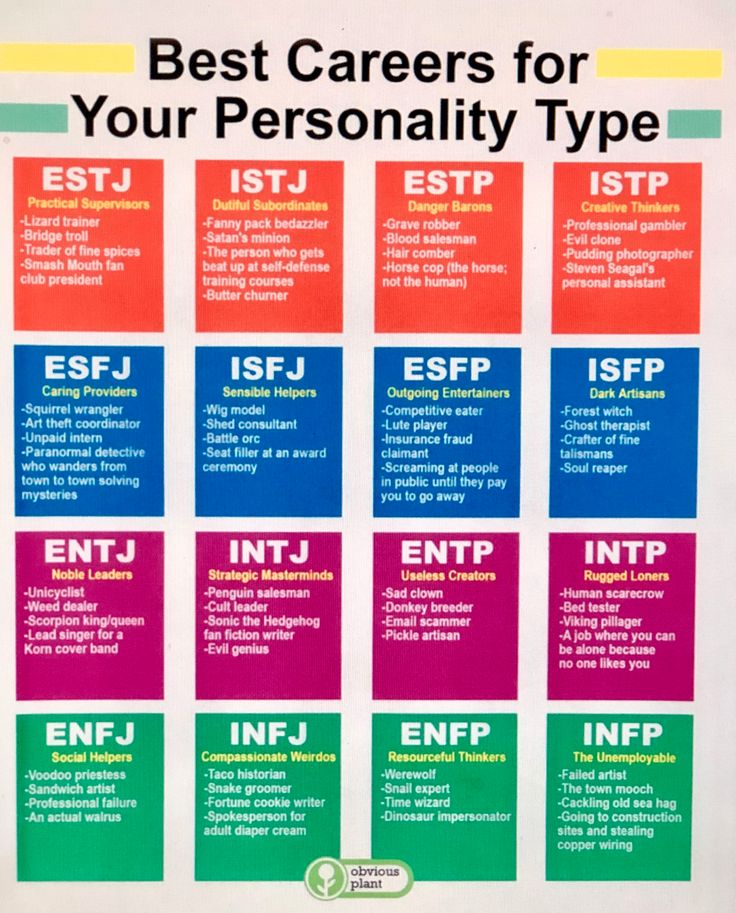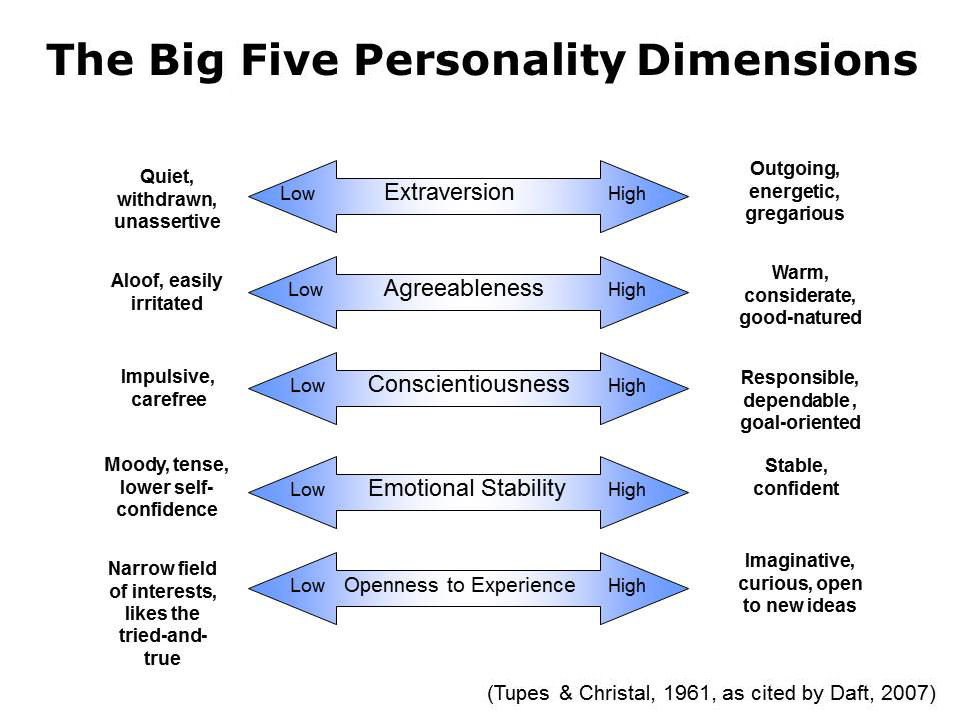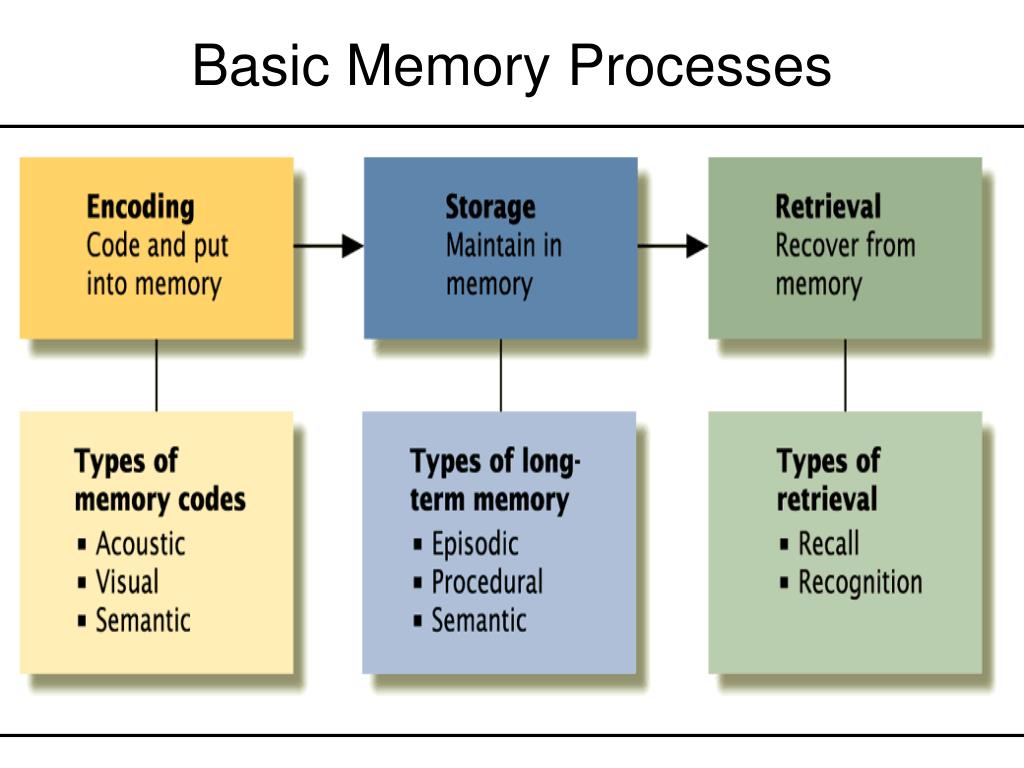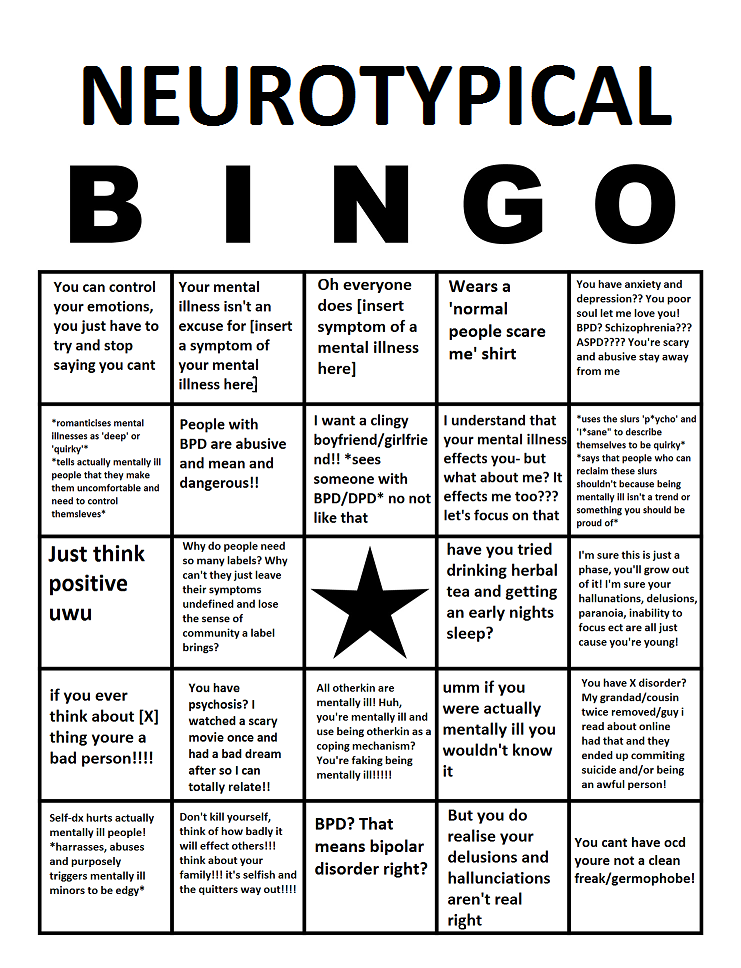How to trust after betrayal
How to Rebuild Trust After a Betrayal
One of the most difficult challenges in a relationship is recovering from betrayal and restoring trust. While some relationships survive without ever addressing the issue of trust, it’s often worth your while to do what you can to rebuild your partner’s confidence in you and your relationship. If this isn’t done, your relationship is likely to suffer for years.
Here are some suggestions that you can use to help restore trust after experiencing betrayal from your partner:
1. Show Your Partner How Much You Care About Them and the RelationshipYour partner needs to know how much they mean to you and how committed you are to the relationship. To many, actions speak louder than words, so it’s important to make a conscious effort to spend quality time with your partner. Cook a meal together, go on a picnic at the park, or go out dancing.
This quality time will allow you and your partner to reacquaint yourselves and rekindle the relationship after the betrayal. It will also give you the opportunity to express your feelings for each other in a positive way that reinforces your commitment to one another.
It can be difficult for your partner to know what you’re thinking or feeling if you don’t share these thoughts with them. However, it’s important that you are honest about your feelings concerning infidelity, pornography use, or other forms of betrayal.
Your partner may not want to talk about what happened or they may be unsure of how to bring up the subject themselves. If this is the case, try and initiate the conversation, but be open about how difficult it is for you.
3. Give Your Partner Space When They Need ItEven though you want to work on regaining trust in your relationship, it’s important to give your partner space when they need it. If they don’t feel like talking about their feelings with you, respect that and allow them to work through things in their own time.
Trust issues can be some of the most difficult things to overcome in a relationship. After your partner has betrayed your trust, it can be hard to ever feel comfortable trusting them again. However, it’s important to try and rebuild that trust.
4. Be Patient with Your PartnerIt’s important that you understand your partner may experience mood swings or bouts of depression after an incident of infidelity, particularly if it was a one-time affair rather than something ongoing over an extended period of time.
Try not to take it personally if they are snappy or irritable towards you, as this is often a way for them to cope with what has happened without lashing out at the person they feel hurt by.
5. Don’t Blame Yourself for What HappenedIt’s common to blame yourself after your partner has been unfaithful. However, you really need to appreciate that infidelity is often down to the individual who chose to be unfaithful and not yourself. These are often symptoms of betrayal trauma.
These are often symptoms of betrayal trauma.
Betrayal trauma is a condition that can develop in individuals who have been betrayed by someone they trust, such as a significant other.
When experiencing betrayal trauma, you may often feel a range of intense emotions, such as disbelief, hurt, anger, and betrayal. This is normal and can be helped with counseling.
6. Be Patient with the Process of Rebuilding TrustIt’s important to understand that rebuilding trust can be a difficult process and that it’s rarely something that happens overnight. You may find yourself having to repeat these steps several times before your partner begins to feel confident that you’re committed to the relationship and won’t do anything to jeopardize it again.
If you and your partner are struggling with rebuilding trust after a betrayal, consider contacting Solace Emotional Health. Our licensed therapists have years of experience helping couples recover from betrayal trauma.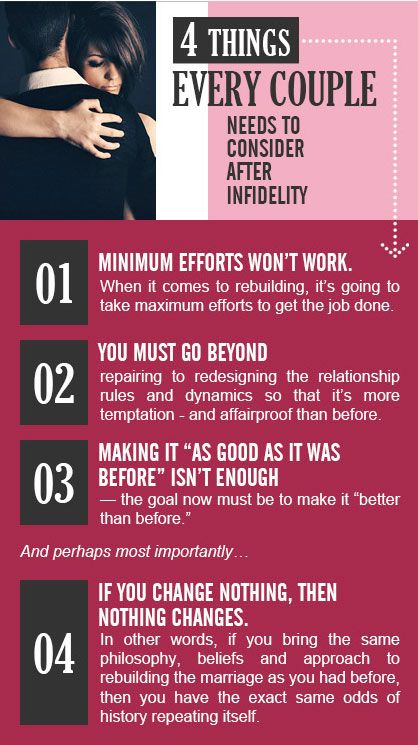
We can help you work through the difficult emotions you’re experiencing and help you rebuild the trust in your relationship. Contact us today to make an appointment.
10 Ways to Rebuild Trust in a Relationship
Trust is an essential component of a strong relationship, but it doesn’t happen quickly. And once it’s broken, it’s hard to rebuild.
When you think about circumstances that could lead you to lose trust in your partner, infidelity may come to mind right away. But cheating isn’t the only way to break trust in a relationship.
Other possibilities include:
- a pattern of going back on your word or breaking promises
- not being there for your partner in a time of need
- withholding, or keeping something back
- lying or manipulation
- a pattern of not sharing feelings openly
Before going over how to rebuild trust, it’s important to understand what trust is, exactly.
To start, it might be helpful to think of trust as a choice that someone has to make.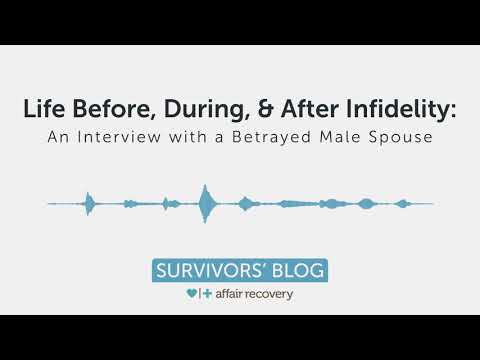 You can’t make someone trust you. You might not choose to trust someone until they show that they’re worthy of it.
You can’t make someone trust you. You might not choose to trust someone until they show that they’re worthy of it.
Signs of trust in a relationship
Trust can mean different things to different people. In a romantic relationship, trust might mean:
- You feel committed to the relationship and to your partner.
- You feel safe with your partner and know they’ll respect physical and emotional boundaries.
- You know your partner listens when you communicate your needs and feelings.
- You don’t feel the need to hide things from your partner.
- You and your partner respect each other.
- You can be vulnerable together.
- You support each other.
It’s also important to understand what trust isn’t.
In a relationship, for example, trust doesn’t necessarily mean you tell your partner every single thing that crosses your mind. It’s totally normal to have personal thoughts you keep to yourself.
Trust also doesn’t mean giving each other access to:
- bank accounts (unless it’s a shared one)
- personal computers
- cell phones
- social media accounts
You may not mind sharing this information, especially in case of an emergency. But the presence of trust in a relationship generally means you don’t need to check up on your partner. You have faith in them and feel able to talk about any concerns you might have.
But the presence of trust in a relationship generally means you don’t need to check up on your partner. You have faith in them and feel able to talk about any concerns you might have.
Having someone break your trust can leave you feeling hurt, shocked, and even physically sick. It might prompt you to consider your relationship — and your partner — in a different way.
If you want to attempt to rebuild trust, here are some good starting points.
Consider the reason behind the lie or betrayal
When you’ve been lied to, you might not care much about the reasons behind it.
But people do sometimes lie when they simply don’t know what else to do. This doesn’t make their choice right, but it can help to consider how you might have reacted in their position.
Sure, your partner may have betrayed you to protect themselves, but they may have had a different motive. Were they trying to protect you from bad news? Make the best of a bad money situation? Help a family member?
Maybe the betrayal of trust resulted from a miscommunication or misunderstanding.
Whatever happened, it’s important to make it clear that what they did wasn’t OK. But knowing the reasons behind their actions may help you decide whether you’re able to begin rebuilding the trust you once shared.
Communicate, communicate, communicate
It might be painful or uncomfortable, but one of the biggest aspects of rebuilding trust after betrayal is talking to you partner about the situation.
Set aside some time to clearly tell them:
- how you feel about the situation
- why the betrayal of trust hurt you
- what you need from them to start rebuilding trust
Give them a chance to talk, but pay attention to their sincerity. Do they apologize and seem truly regretful? Or are they defensive and unwilling to own up to their betrayal?
You may feel emotional or upset during this conversation. These feelings are completely valid. If you feel yourself getting too upset to continue communicating in a productive way, take a break and come back to the topic later.
Talking about what happened is just the beginning. It’s perfectly fine, and entirely normal, if you can’t work through everything in just a night or two.
Practice forgiveness
If you want to repair a relationship after a betrayal, forgiveness is key. Not only will you need to forgive your partner, but you also may need to forgive yourself.
Blaming yourself in some way for what happened can keep you stuck in self-doubt. That can hurt the chances of your relationship’s recovery.
Depending on the betrayal, it might be hard to forgive your partner and move forward. But try to remember that forgiving your partner isn’t saying that what they did was OK.
Rather, you’re empowering yourself to come to terms with what happened and leave it in the past. You’re also giving your partner a chance to learn and grow from their mistakes.
Avoid dwelling on the past
Once you’ve fully discussed the betrayal, it’s generally best to put the issue to bed.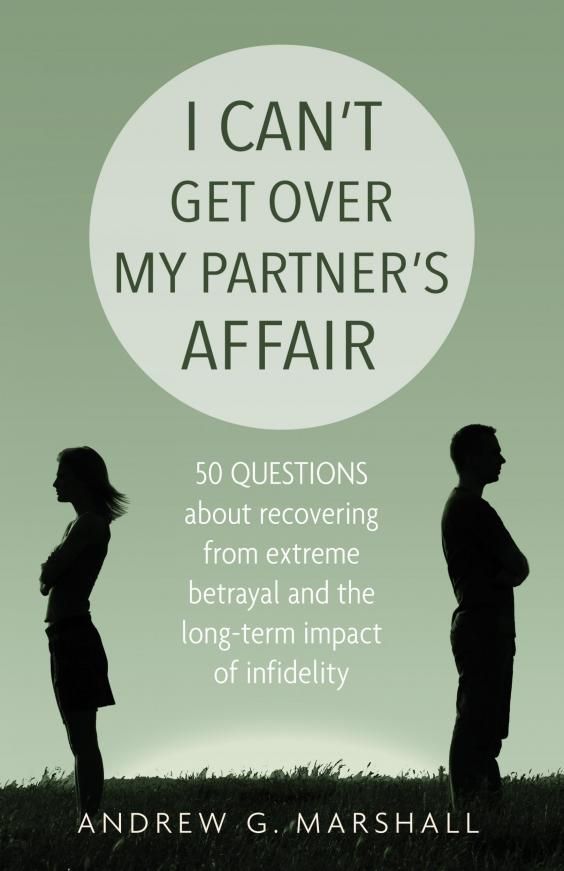 This means you don’t want to bring it up in future arguments.
This means you don’t want to bring it up in future arguments.
You’ll also want to go easy on constantly checking in on your partner to make sure they aren’t lying to you again.
This isn’t always easy, especially at first. You might have a hard time letting go of the betrayal and find it difficult to start trusting your partner, especially if you’re worried about another betrayal.
But when you decide to give the relationship a second chance, you’re also deciding to trust your partner again. Maybe you can’t completely trust them right away, but you’re implying you’ll give trust a chance to regrow.
If you can’t keep thinking about what happened or have misgivings about your partner’s future honesty or faithfulness, couples counseling can help. But these signs could also indicate you may not be ready to work on the relationship.
You messed up. Maybe you lied and hurt your partner or withheld information you thought would hurt them.
No matter your reasons, you know you caused them pain, and you feel terrible. You may feel like you’d do anything to show them they can trust you again.
You may feel like you’d do anything to show them they can trust you again.
First, it’s important to understand that the broken trust may be beyond repair. But if you both wont to work on repairing the relationship, there are a few helpful steps you can take.
Consider why you did it
Before you embark on the process of rebuilding trust, you’ll first want to check in with yourself to understand why you did it.
Is it possible that you wanted to end the relationship but didn’t know how to? Or were there specific needs that weren’t being met by your partner? Or was it just a dumb mistake?
Understanding the motives behind your behavior can be difficult, but it’s a crucial part of rebuilding trust.
Apologize sincerely
If you lied, cheated, or otherwise damaged your partner’s faith in you, a genuine apology is a good way to start making amends. It’s important to acknowledge you made a mistake.
Just remember that your apology isn’t the time to justify your actions or explain the situation. If some factors did influence your actions, you can always share these with your partner after apologizing and owning your part in the situation.
If some factors did influence your actions, you can always share these with your partner after apologizing and owning your part in the situation.
Be specific
When you apologize, be specific to show you know what you did was wrong. Use “I” statements. Avoid putting blame on your partner.
For example, instead of “I’m sorry I hurt you,” try:
“I’m sorry I lied to you about where I was going. I know I should’ve told you the truth, and I regret causing you pain. I want you to know I’ll never do it again.”
Make sure to follow up by telling them how you intend to avoid making the same mistake again. If you aren’t sure what they need from you to work on the relationship, you can ask. Just make sure you’re ready and willing to actively listen to their answer.
Give your partner time
Even if you’re ready to apologize, talk about what happened, and begin working through things, your partner may not feel ready yet. It can take time to come to terms with a betrayal or broken trust.
People process things in different ways, too. Your partner might want to talk right away. But they also might need days or weeks before they can address the issue with you.
It’s important to avoid pressuring them to have a discussion before they’re ready. Apologize and let your partner know you’re ready when they are. If you’re struggling in the meantime, consider talking to a counselor who can offer unbiased and supportive guidance.
Let their needs guide you
Your partner may need space and time before they can discuss what happened. And often, this might involve physical space.
This might be difficult to face, but respecting your partner’s boundaries and needs can go a long way toward showing them they can depend on you again.
Your partner may want more transparency and communication from you in the future. This is common after a betrayal of trust. You may even willingly share your phone and computer with your partner to prove your honesty.
But if you’ve made some progress in repairing your relationship and your partner continues to monitor your activities and communications with others, talking to a couples counselor can help.
Commit to clear communication
In the immediate aftermath of broken trust, you’ll want to honestly answer your partner’s questions and commit to being completely open with them in the future.
To do this, you have to make sure you’re clear on the level of communication they need.
Let’s say you broke their trust by withholding some information you didn’t think was really important, and you didn’t understand why they felt so betrayed. This can indicate there’s a deeper issue with communication in your relationship.
If you want to repair your relationship and avoid hurting your partner again in the future, you need to reach a mutual understanding of what good communication looks like.
Miscommunications or misunderstandings can sometimes cause as much pain as intentional dishonesty.
What about the details of an affair?
Relationship counselors often recommend against providing specific details about a sexual encounter with someone else. If you’ve cheated, your partner may have a lot of questions about what exactly happened. And you might want to answer them in an effort to be transparent.
And you might want to answer them in an effort to be transparent.
But talking about the details of an encounter can cause further pain that isn’t very productive. If your partner wants details, consider asking them to wait until you can see a therapist together.
The therapist can help you navigate the healthiest way to address these questions. In the meantime, you can still honestly answer their questions without giving explicit details.
Being in a relationship with broken trust can be extremely uncomfortable. Both sides might be eager to get the whole rebuilding process over with as fast as possible. But realistically, this takes time.
How much time, exactly? It depends on a lot of factors, particularly the event that broke the trust.
Long-standing patterns of infidelity or dishonestly will take longer to resolve. A single lie grounded in a misunderstanding or desire to protect may be easier to address, especially when the partner who lied shows sincere regret and a renewed commitment to communication.
Have patience with yourself. Don’t let your partner rush you. A partner who truly regrets hurting you may be hurting, too, but if they truly care for you and want to fix things, they should also understand it isn’t helpful to rush right back into the way things were.
Rebuilding trust isn’t an easy task. It’s normal to question if it’s even worth it before you decide to commit to working on your relationship.
If your partner makes a mistake or two over the course of a long relationship and owns up to it, working on trust issues may be the right move.
As long as there’s still love and commitment between the two of you, working on trust issues will only make your relationship stronger.
But if you know you’ll never be able to completely trust your partner again, no matter what they do, it’s generally best to make this clear right away so you can both begin to move forward separately.
It’s also worth weighing your options if you’ve discovered years of infidelity, financial dishonesty, manipulation, or other major breaches of trust.
Other red flags that might signal it’s time to throw in the towel include:
- continued deceit or manipulation
- an insincere apology
- behavior that doesn’t match up with their words
Every relationship goes through a rough patch. There’s no shame in reaching out for help.
Couples counseling can be a great resource when dealing with trust issues, particularly those involving infidelity. A counselor can offer an unbiased view of you relationship and help both partners work through underlying issues.
Having tough conversations about betrayal and trust can also bring up painful emotions on both sides. Having a trusted counselor can also help you navigate the difficult feelings as they arise.
It’s possible to rebuild a relationship after a breach of trust. Whether it’s worth it depends on your relationship needs and whether you feel it’s possible to trust your partner again.
If you do decide to try repairing things, be prepared for things to take some time. If both sides are committed to the process of rebuilding trust, you might find that you both come out stronger than before — both as a couple and on your own.
If both sides are committed to the process of rebuilding trust, you might find that you both come out stronger than before — both as a couple and on your own.
Life after infidelity: how to restore trust
120,346
Infidelity Man and woman
Partners often have different ideas about what is considered cheating. For some, virtual sex is innocent entertainment, for others it is a betrayal. For some, watching a porn movie is a manifestation of infidelity, and registration and correspondence on a dating site without real meetings can lead to a divorce.
It's time to put an end to this uncertainty. I propose a universal definition of treason. nine0003
Cheating (infidelity) — destruction of trust due to intentional concealment of important intimate moments of one's life from a partner.
RESTORE OF CONFIDENCE
I gave this definition without any emphasis on the sexual sphere in order to emphasize that the main thing in betrayal is the loss of trust. This is important because the fact itself will be remembered for a lifetime, but trust can be restored.
This is important because the fact itself will be remembered for a lifetime, but trust can be restored.
My 25 years of experience in the treatment of psychological and sexual problems associated with infidelity shows that the solution to the problem begins and ends with the restoration of trust. nine0003
In the process of restoring trust, partners need to learn to be open and honest in everything. It is not simple. Many deceivers in therapy only pretend that they are trying to change, but in fact they continue to lie. This tactic works, but sooner or later, the partners again convict them of deceit.
If you sincerely repent and want to save the relationship, you should try to be absolutely honest
Trust is not restored just because one of the partners has stopped cheating on the other. It can only be gradually brought back if you make a commitment to always tell the truth, no matter how painful it may be. A deceiver ceases to be a deceiver when he begins to tell his partner about everything: about gifts for children and going to the gym, financial expenses and mowing the lawn, and, of course, about all social connections, even those that his chosen one does not like. nine0003
A deceiver ceases to be a deceiver when he begins to tell his partner about everything: about gifts for children and going to the gym, financial expenses and mowing the lawn, and, of course, about all social connections, even those that his chosen one does not like. nine0003
A LIE TO SALVATION IS ALSO A LIE
Absolute honesty is a matter of behavior, not thoughts and fantasies. If you could not resist communicating with your ex, you need to tell your partner about it. But if you're just thinking about how it would be nice to call or meet up with your ex, but don't act on it, you can tell a friend or therapist about it, but not your spouse.
Stephen Arterburn and Jason Martinkus in Trustworthy describe absolute honesty as "I'd rather lose you than cheat you." They write: “There needs to be a shift in your honesty paradigm. The truth should be your number one priority." The authors argue that a former cheater should always tell the truth: "If your wife asks you if her favorite pants are fat, you should tell her what you really think. " nine0003
" nine0003
ACTIVE HONESTY
Deceivers must learn to speak the truth actively. If your partner wants to know about something, you should tell him as soon as possible. In addition, you need to be prepared for the fact that he may get angry for the truth. The partner will be offended and angry a lot more if he finds out that you lied or withheld something.
Yesterday's deceivers often complain that, despite their honesty, their spouses do not trust them. It is difficult for them to understand that months and years after the betrayal, it is difficult to unconditionally trust the person who deceived you. nine0003
Restoring trust in relationships takes time and effort. Only constant honesty can accelerate this process. Don't just tell the truth about what your partner already knows or is beginning to suspect. Be honest about the little things: "Honey, I forgot to take out the trash this morning."
TRAPS FOR DECEIVERS
There are difficulties on the way of former deceivers. Even if they sincerely want to be honest, they can fall into one of them.
Even if they sincerely want to be honest, they can fall into one of them.
- Passive truthfulness. nine0045 If a partner suspects them of something, they may confess, but not tell the whole truth, believing that the details may worsen the relationship or cause pain.
- Partial truth. In this case, the truth is presented in a mild form.
- Playing the role of a child. The deceiver waits for the partner to “pull” the truth out of him. If he doesn't insist, he doesn't say anything.
- An understatement. He tries to be honest, but downplays or omits embarrassing details so as not to hurt his partner. nine0046
- Activation of a defensive or attacking reaction. An ex-liar tells his partner the truth. He is angry and indignant. Then the deceiver “reverses” and begins to make excuses or, conversely, reacts aggressively and begins to blame the partner for all sins.
- Waiting for immediate forgiveness. The former deceiver speaks only the truth and demands that his partner forgive him.
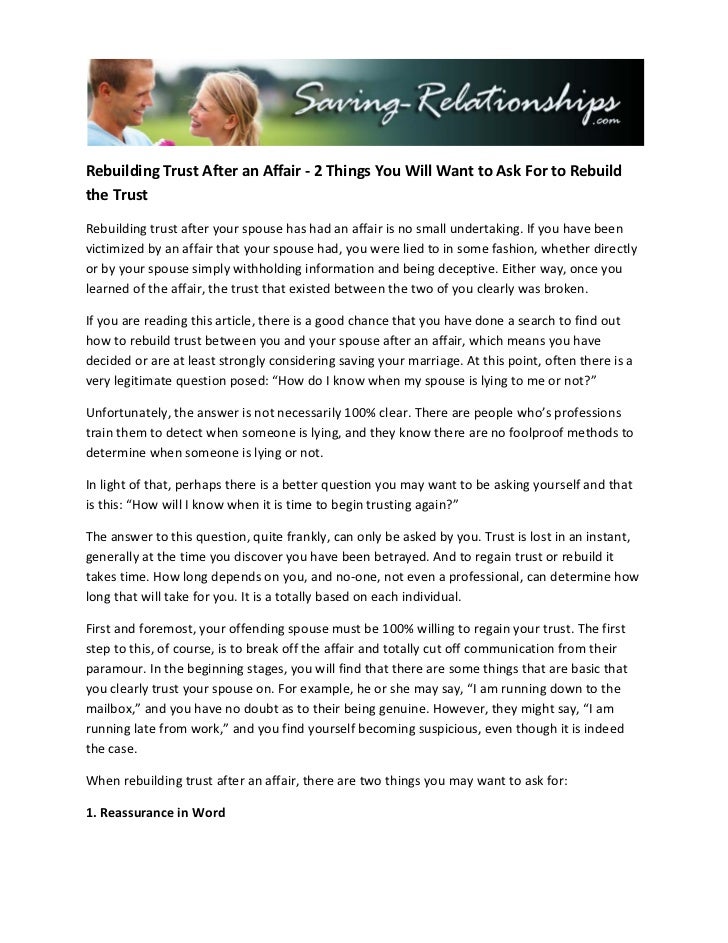 However, the time that each of us needs to survive betrayal is individual. nine0046
However, the time that each of us needs to survive betrayal is individual. nine0046
Even if your honesty failed to convince your partner that you can be trusted, drastic measures remain. You can install tracking programs on your phone: in this way, your partner can not only find out where you are, but also track your movements and activity on the Web. Grant access to your computer and bank account. Full transparency can restore trust.
Author: Robert Weiss is a psychiatrist and author of Sex Addiction 101: The Ultimate Guide to Breaking Sexual, Pornographic, and Love Addictions, Coming Out of the Shadows: A Step-by-Step Guide to Rescuing Relationships for Men Who Have Been Caught Cheating. nine0072
Text: Alexandra Galimova Photo source: Getty Images
New on the site
Sense of humor, attitude towards children, temperament: 9 features that cannot be changed in a partner
Beware, dangerous self-development: how to recognize low-quality personal growth training signs
Emotional response: how to cope with emotions without harm to yourself and others
Test: What role would you play in a New Year's movie? nine0003
“How do I know if I have OCD?”
How to manipulate other people's memory: "bad advice" from a neurophysiologist
14 ideas for spending time with family during the New Year holidays after betrayal - Psychology
Relationships
Psychologist Alyona Al-As - about important steps towards restoring relationships
Alena Al-As
November 4, 2020 00:00
Photo: pixabay. com/ru
com/ru
Adultery, betrayal of a partner is an extremely unpleasant event, but quite common, especially nowadays and in a society that is less and less burdened by the norms of traditional morality.
But not only society is changing, our attitude towards partner's betrayal is also changing: now it is not so much evidence of depravity, not a crime, but an indicator of the presence of problems in a couple.
In addition, many people, having cheated on their partner, sincerely regret this act and wish for reconciliation and restoration of trust as soon as possible. The latter is especially important. After all, a scandal is not as terrible as a lost trust. If the partner no longer trusts you, does not see you as a reliable companion, this is the first step towards the end of the relationship. nine0003
Is it possible to regain a partner's trust after infidelity?
Here it is important to understand that not only the partner who was cheated on should think, “how can I start trusting again?”, but the cheater should make every effort, involvement and tact to try to regain the partner’s trust. Of course, if the relationship is really valuable and betrayal is an episode.
Of course, if the relationship is really valuable and betrayal is an episode.
Very often, psychologists advise a couple, faced with the betrayal of one or both partners, to sit down and talk through all the problems, find out the reasons for such an act. This, of course, is very necessary and correct advice, but one must understand that only people with super-adequate thinking and outlook on life, with "iron nerves" are able to immediately begin such a discussion of problems, reminiscent of a psychological seminar. Most people react in a very different way: first - shock, amazement, and then aggression, revenge, ignorance. Some urgently run to change themselves, so that “it would not be offensive”, others shout or even beat, others ignore or “leave to their mother”. This is also a completely natural reaction. But then the question arises: how to live on. nine0003
Psychologist Alyona Al-As
Photo: materials of the press services
And here it is desirable to move step by step, if the couple nevertheless decided not to part.
The first step towards restoring trust is to acknowledge the fact of infidelity and to abandon the completely wrong line of making the other partner guilty of this betrayal. We admit that many people sin with this, they defend themselves by attacking, which is how they hammer a nail into the lid of relationships. You can say that there really were problems, but you can’t blame the second partner for the fact that it was he or his behavior that caused the betrayal. The stories of couples who successfully survived this traumatic experience for relationships will help. nine0003
The next step is to build such a line of behavior so that the partner begins to trust you again. It is worth showing increased attention, excluding "delays at work", for some time - and meetings with friends or girlfriends, in general - any actions that show the absence of sincere regret about your misconduct.
At the same time, you should not humiliate yourself in front of the second partner, ask for forgiveness on your knees, and the like. This will do nothing to restore trust, but rather show you as a cynical person, an artist who is capable of any gestures, just to get what he wants. nine0003
This will do nothing to restore trust, but rather show you as a cynical person, an artist who is capable of any gestures, just to get what he wants. nine0003
A good attitude can heal any wound. And so you have to forget about the claims to the partner about the small earnings or not washed dishes. Try to demonstrate maximum attention, maximum loyalty, do more good deeds, but at the same time, so as not to get the impression of a banal attempt to pay off: they say, you have an iPhone, and stop talking about it. This approach is only effective if your partner initially allows the possibility of turning a blind eye to betrayal in exchange for other benefits - money, good sex, social status, and so on. nine0003
It is also very important to show that the person with whom the betrayal happened does not mean anything, he just appeared from nowhere and went nowhere. The most important proof of this will be a complete break with this person, and you must demonstrate readiness and quit your job, and even change your place of residence if your second partner doubts that the meetings have stopped.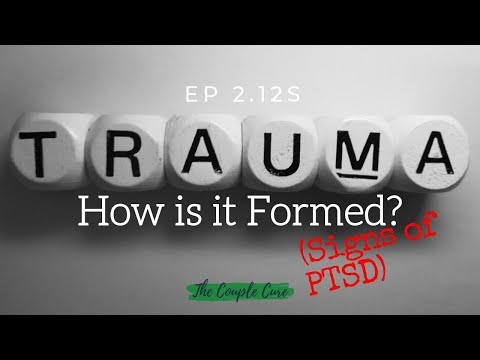
And one more thing: yes, betrayal can happen in everyone's life, and only your decision is to forgive or delete a person from your life. nine0003
If betrayal is absolutely unacceptable in your picture of the world, you experience severe emotional pain and have not come a step closer to forgiveness even with time - do not torture yourself. Because sometimes it’s easier to get sick after a breakup than to live in pain from betrayal all the time (if betrayal is about betrayal for you).
Subscribe to our channel in Yandex.Zen
treason, advice from a psychologist
Tatyana Navka: “The character of a person is his destiny”
The legendary figure skater spoke about her family, environment and traditions for the New Year
How to make a wedding film on your own
Useful life hacks from director Oksana Nechaeva
17-year-old CSKA youth player Victoria Vinogradova died
She became ill at a friend’s house
Is there any sense in adultery
8 Psychologist — about the origin of the proverb “A good leftist strengthens a marriage” and why it is actually absurd
How to overcome the fear of betrayal
Life can be spoiled not only by adultery itself, but also by unconscious panic due to the expectation of betrayal in a relationship.

